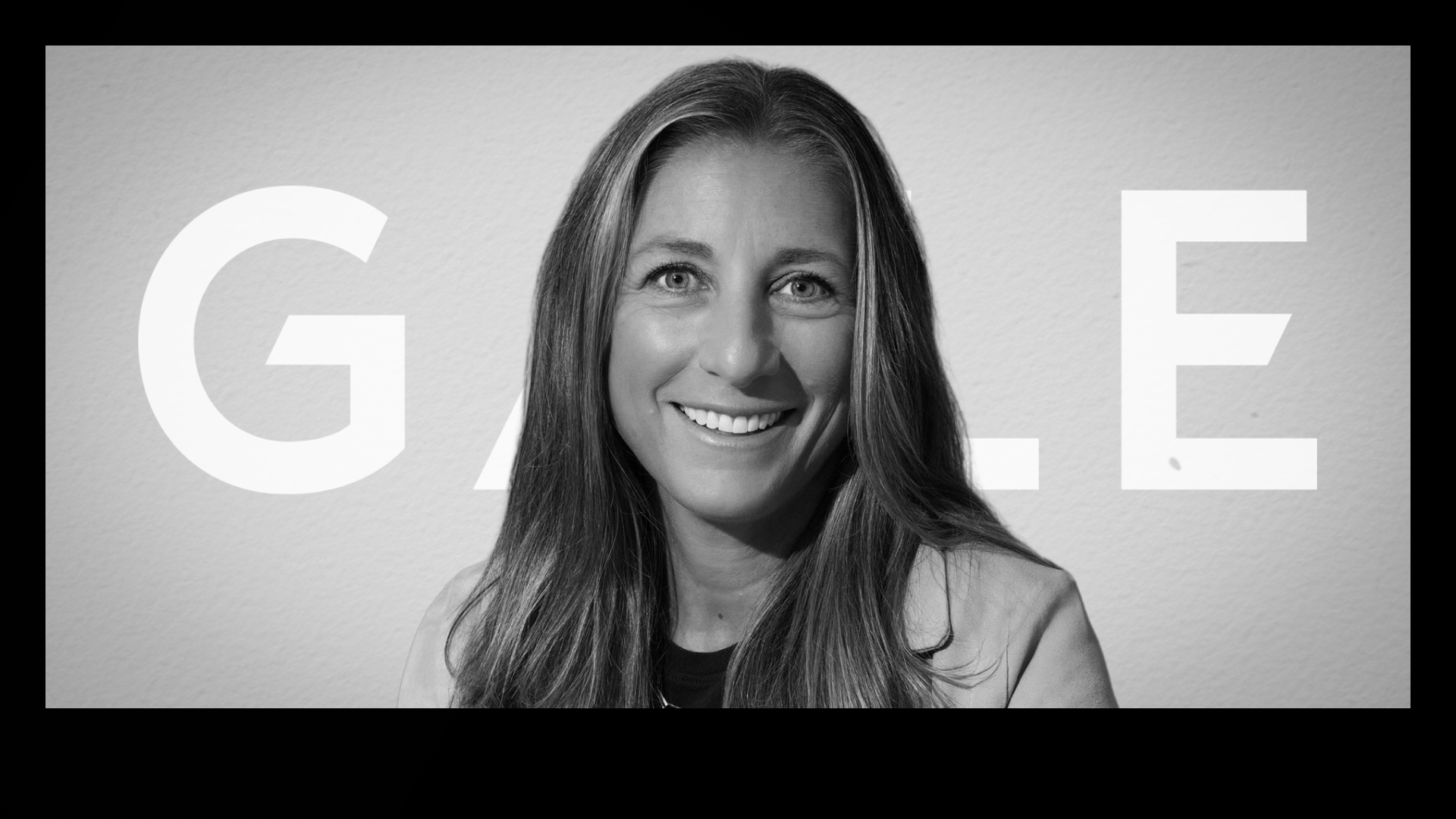This article was originally published in Forbes.
At the 20th Annual Forbes CMO Summit, where the world's top marketing minds gather to discuss the industry’s most pressing issues, artificial intelligence was noticeably absent from the conversation.
This clearly isn’t because AI isn’t impacting marketing and advertising. On the contrary: brands are asking their agencies how to drive marketing efficiencies—responding to pressure from the C-suite to do more with less money—and agencies, in turn, are competing to provide the best solutions. With all the movement driven by this technology, Forrester has predicted that 7.5% of U.S. advertising agency jobs will be lost to AI by 2030. So why, at the annual gathering of the industry’s very best, did the topic barely come up?
Because this group understands this moment for what it is: A reshaping, not a reckoning.
To be clear, Forrester's prediction is valid. If a marketing agency’s model remains unchanged in its structure and the types of skill sets and positions it currently hires for, it will soon become obsolete. The conversation, however, should not be around whether AI will steal creative jobs, but rather whether marketers and their employers are making the adjustments necessary to utilize AI effectively and thrive.
There’s history to support this perspective, as one speaker at the CMO Summit noted: AI’s impact on marketing and creativity mirrors the evolution of software development over the past two decades.
In software, AI has continually been integrated to automate repetitive tasks, ultimately driving efficiency, minimizing errors, and reducing the need for human involvement in some parts of the development process. It has not, however, resulted in the demise of software developers—their role has simply changed. As the tasks requiring human involvement collapsed, new roles for the humans within these organizations emerged. In fact, U.S. News & World Report recently ranked software developers third on its Best Jobs in America 2024 list, citing 25.7% job growth, or 410,400 new jobs, by 2032.
At the most basic level, strengths needed to thrive in software development are largely unchanged: problem-solving, mathematical aptitude, and fluency in programming languages, to name a few.
Similarly, independent creators and influencers have already begun collapsing the expectations of professional marketing creatives, putting pressure on them to act as producer, editor, and more to keep up with their rapid-pace content distribution. Yet the core creative skills remain unchanged: storytelling, communication, imagination, and an understanding of the humans you’re both working with and trying to reach—and the cultural context in which they live. AI won’t replace the job of a marketing creative; it will change how they work.
To thrive, marketing departments and agencies must automate and collapse some of the most basic, repetitive tasks with pace. This is a good thing. It allows the most creative minds to take on newly evolved roles where AI enables their creativity, producing higher-quality content at a more rapid pace. It’s what’s needed in a world where consumers are flooded with endless content from friends, creators, the entertainment industry, and brands alike.
For agency creatives, this reshaping also means more time spent collaborating with clients. It will foster deeper alignment in working toward shared goals, avoiding administrative bottlenecks that often slow progress and distract from driving business results.
Yes, some tasks previously reserved for individual roles will soon be handled by AI. But the demand for creatives will persist. The key is to not wait around for others to lead the way. Understand the shift. Recognize which tasks will be automated and which ones can’t or shouldn’t be. Identify the evolving skill sets that are required for this new era, and start building new structures and roles to define the future of creative work.
Technology has reshaped jobs for decades. Each time, we’ve adapted, using the efficiencies they drive to power new roles that never could have existed without them. AI in marketing will continue this trend, raising the bar for both in-house and agency creatives. Artificial intelligence wasn’t a headline at the Forbes CMO Summit because it didn’t need to be; the best in the field are aggressively reshaping their models, driving even greater creativity and business results.











